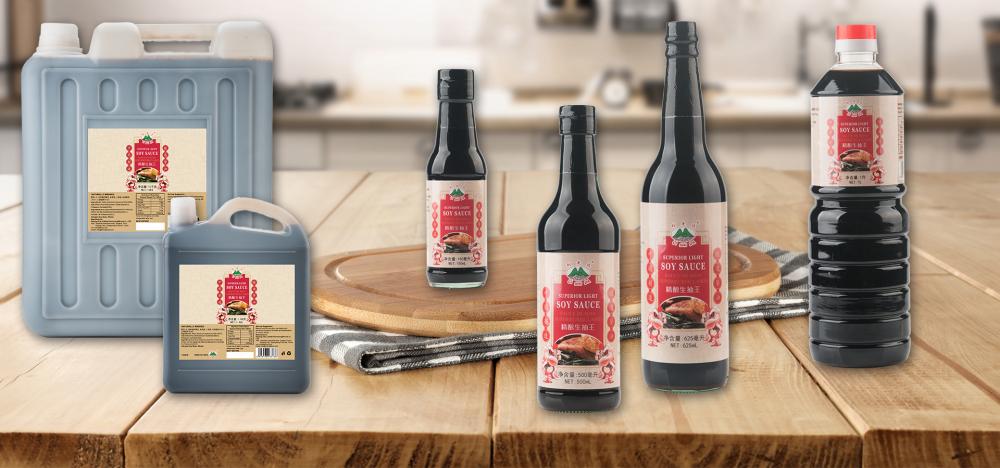Zinc is one of the trace elements necessary for the growth and development of vegetables, and many vegetables have obvious effect of increasing zinc production. For example, tomato, Chinese cabbage, eggplant, and leguminous vegetables are all hi-zinc vegetables. Applying zinc fertilizer can increase yield and improve quality. And the rational use of zinc fertilizer can play a supporting role in the prevention and treatment of viral diseases, so the use of zinc fertilizer can not be ignored. The content of zinc in the soil is relatively small and generally cannot meet the needs of crop growth and development. It must be supplemented by fertilization. In particular, in northern China, there are many alkaline soils. The pH value of this type of soil is relatively high, which reduces the effectiveness of zinc relatively. It is necessary to supplement zinc. Of course, although vegetable production requires zinc supplementation, it does not mean that the amount of zinc fertilizer should be used as much as possible. Vegetable farmers must remember “three nos†when supplementing zinc fertilizer to vegetables. Do not overdo it. The reason why zinc fertilizer is micro-fertilizer is that the crop needs less of it, and the application amount is too toxic to the crops (some vegetable farmers use 3 kg of zinc sulfate in the base fertilizer, and the latter is also frequently replenished with zinc fertilizer. Zinc sulfate reaches 250 grams). Causes stagnation of crops, small and thin leaves, and affects normal photosynthesis. Do not apply continuously in base fertilizer. Zinc fertilizer as a base fertilizer is generally valid for a long period of time, once applied, sustainable for 1-2 years. In addition to severe zinc-deficient soil, zinc fertilizer is recommended to be applied once a year. However, in practical production, vegetable farmers apply zinc fertilizer at the end of every vegetable planting, resulting in zinc fertilizer applied twice a year, which leads to excess zinc in the soil and inhibits the absorption of other elements in the soil. Do not mix alkaline and alkaline pesticides. When zinc is mixed with alkaline fertilizers, it will react and reduce the fertilizer effect. Similarly, the combination of zinc and alkaline pesticides reduces the effectiveness of zinc and the efficacy of pesticides. Moreover, if zinc fertilizers are mixed with phosphate fertilizers, it is easy to form zinc phosphate precipitation, which not only reduces the effectiveness of zinc, but also reduces the fertilizer efficiency of phosphorus, so they should not be used at the same time. Therefore, when zinc fertilizer is used as a base fertilizer, no matter if it is a large vegetable, or cultivated for more than one year, it can be applied once at the end of the year. According to the degree of zinc deficiency in soil, 0.5 to 2 kg of zinc sulfate per mu is used as base fertilizer. When dressing for top dressing, add 0.7-1.7 kg of zinc sulfate per mu to the appropriate amount of fine soil applicator; when foliar spray is applied, use 90-180 g of zinc sulfate per mu for spraying 60 kg of water on sunny days. When used, it is best to use it alone to avoid reaction with other chemical fertilizers and affect the absorption of zinc by the crop.
Brewed from non-GMO soybeans,Lishida Light Soy Sauce is mainly used for dipping dumplings,spring rolls,seasoning noodles and soup,marinating chicken,pork,beef and so on.
Light Soya Sauce,Premium Light Soy Sauce,non GMO Light Soy Sauce,Best Light Soy Sauce KAIPING CITY LISHIDA FLAVOURING&FOOD CO.,LTD , https://www.lishidafood.com

We have passed the Quality Standard Certificate,ISO9001 Quality Management System Certificate,HACCP System Certificate and so on to maintain strict quality assurance.
Not only exported our own brand,We accept well-known brands for consigned OEM business.We are looking forward to your contact for great cooperation!